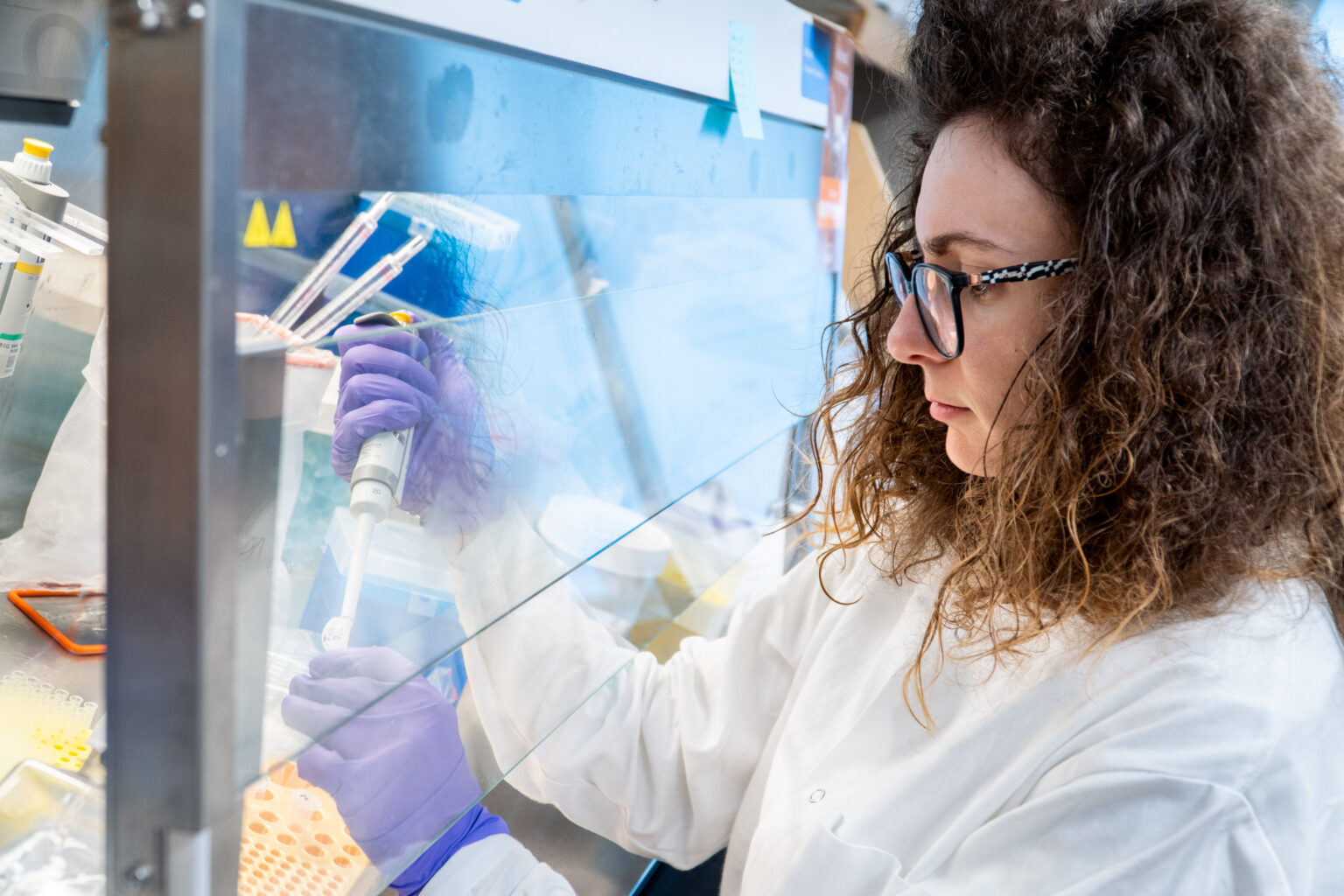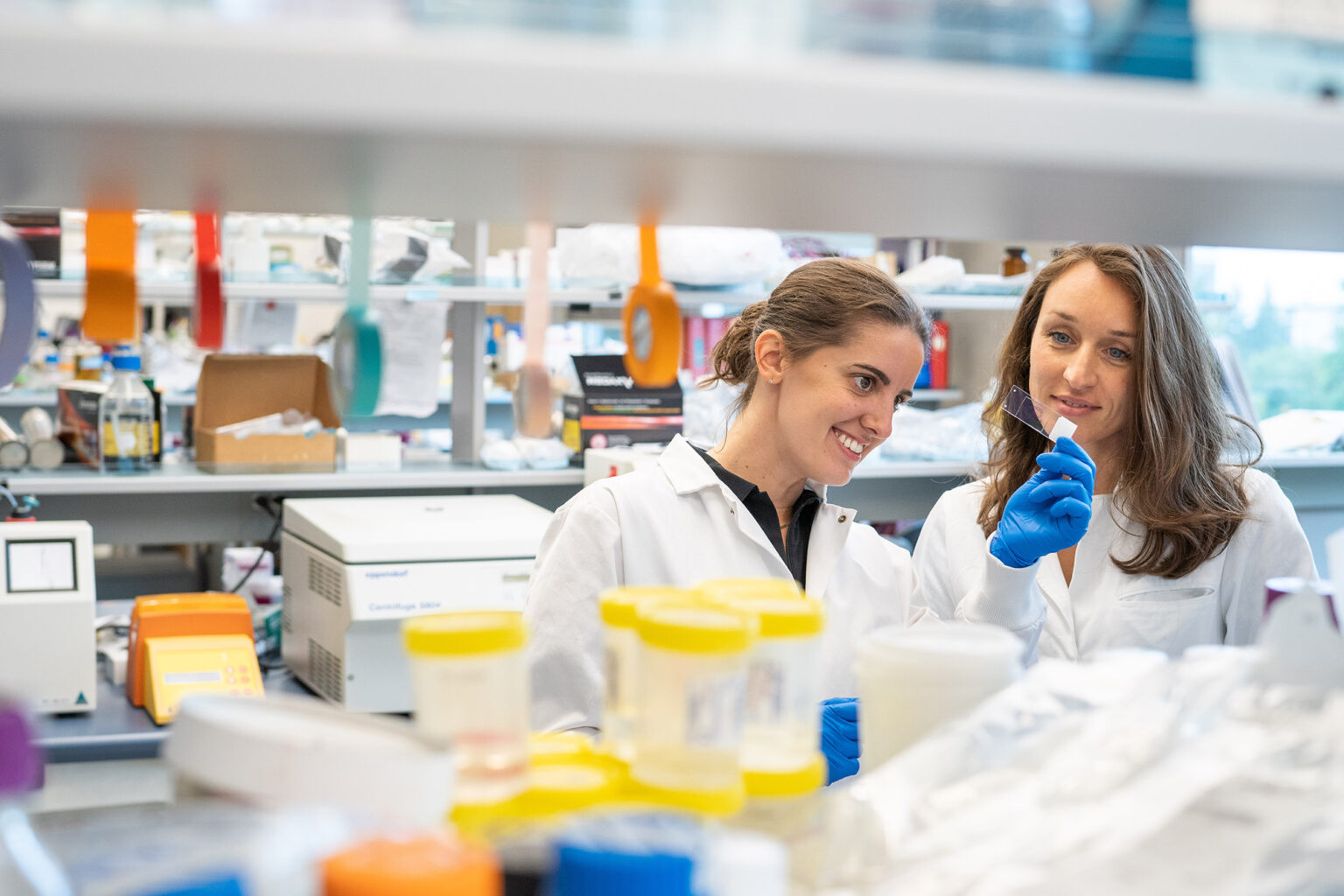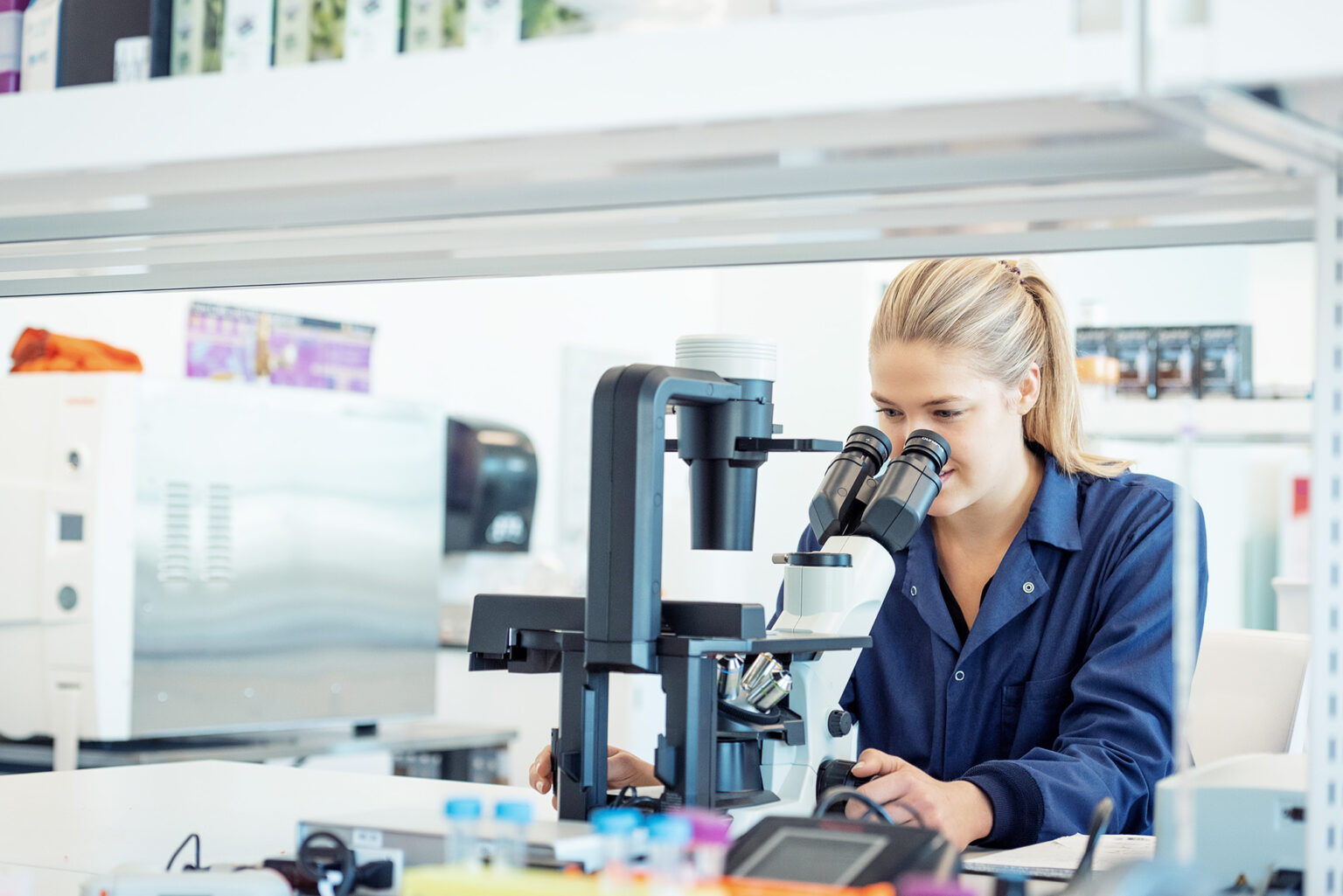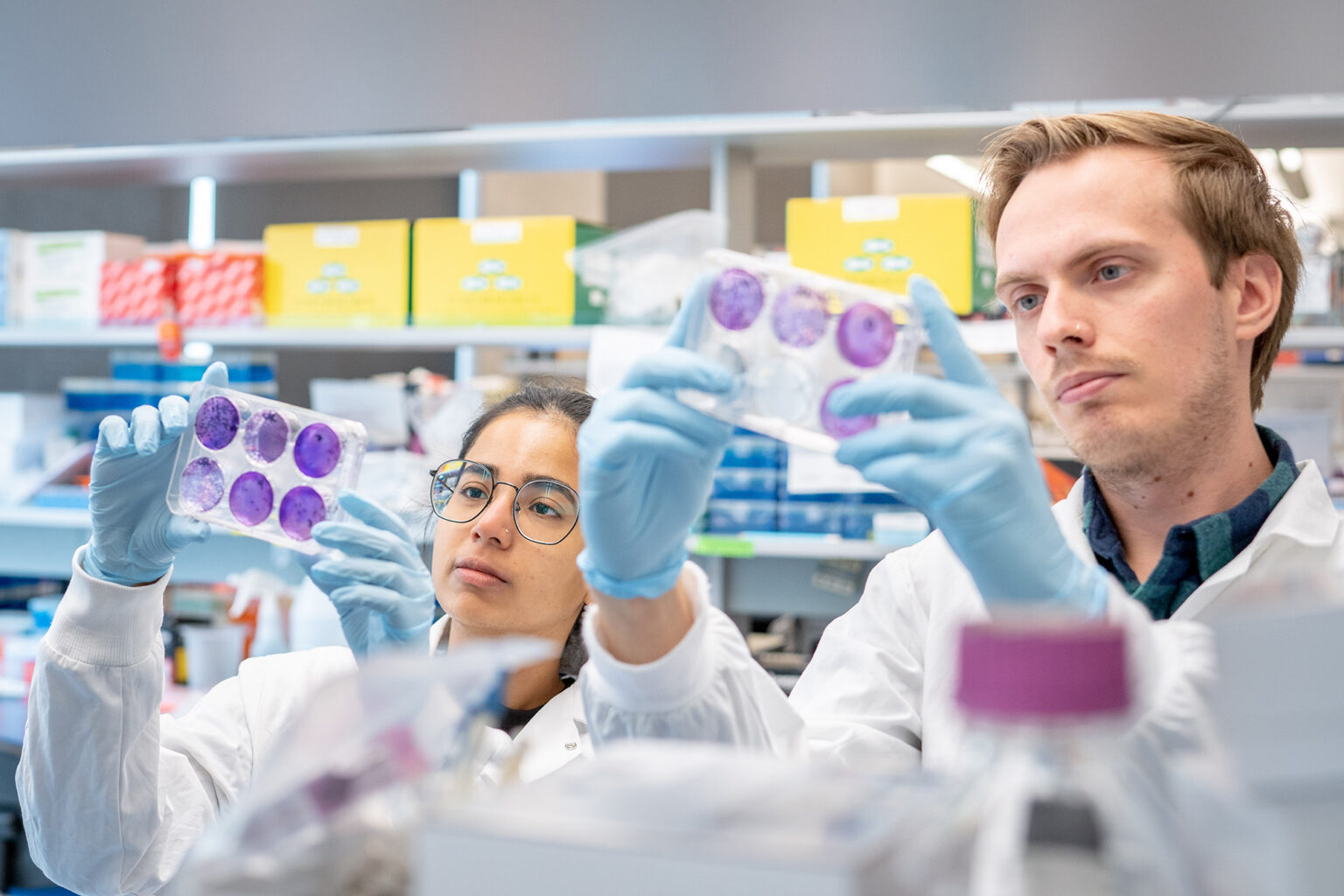Newsroom
The Science Behind Sexual Health Series
World Sexual Health Day is a national day that raises awareness, reduces stigma, and improves access to essential sexual health resources. This year’s theme is “Consent” – a crucial and fundamental element of any healthy sexual encounter.
To acknowledge this day, researchers from the Faculty of Science are sharing their scientific research in relation to sexual health, how scientific knowledge plays an important role in increasing informed consent, and how consent is honoured in collecting research.
Blakney Lab – Michael Smith Laboratories and the School of Biomedical Engineering, UBC
PhD candidate Petya Popova, from Dr. Anna Blakney’s lab at the Michael Smith Laboratories and School of Biomedical Engineering, shares her research on refining lipid nanoparticle formulations to improve the immune response to RNA vaccines for the sexually transmitted infection Chlamydia.
“Bacterial resistance is an emerging problem worldwide – in 2019 alone – there were 4.95 million deaths associated with antimicrobial resistance. As a model system, I am working with vaccines against Chlamydia (a sexually transmitted infection affecting both men and women), which would allow me to explore the protective capacity of both mRNA and saRNA against bacterial infections. I hope that having more researchers working within this area will not only reduce the stigma related to STIs (sexually transmitted infections), but also drive the development of more effective treatment options,” explains Petya Popova.
Tropini Lab – Department of Microbiology and Immunology and the School of Biomedical Engineering, UBC
From the microbiology perspective of the Department of Microbiology and Immunology, Professor Carolina Tropini and PhD Candidate Sophie Cotton share their research on how the gut microbiota influences levels of sex hormones throughout our bodies.
“Disrupted testosterone levels can cause depression, sexual dysfunction, and disorders such as polycystic ovarian syndrome that affect sexual satisfaction. Similarly, disrupted estrogen levels are associated with vaginal dryness, decreased libido, and diseases such as breast cancer and endometriosis that ultimately have significant impacts on sexual health. By understanding the mechanisms by which gut microbes can influence systemic sex steroid hormone levels we hope to contribute to future work that will eventually enable healthcare providers to take a more personalized approach to sex steroid levels, which ultimately affect sexual health.”
Zandstra and Rossi Labs – Michael Smith Laboratories and the School of Biomedical Engineering, UBC
Laura Stankiewicz, a PhD candidate from Peter Zandstra and Dr. Fabio Rossi’s lab at the Michael Smith Laboratories and School of Biomedical Engineering, shares her research on important discoveries around sex differences regarding the development of T cells in the thymus, and the potential implications for the effectiveness of drugs and therapies.
“I use new imaging and sequencing technologies to study how T cells in the human thymus are trained to recognize healthy and diseased cells, and how this training differs between sexes. Our research suggests that sex differences are present pre-puberty and argues that models in immunology should include sex as an important variable when testing drugs and studying diseases. We need to think about and evaluate patient risk critically and include sex as an important risk determinant,” says Stankiewicz.
Tokuyama Lab – Department of Microbiology and Immunology, UBC
From the immunology perspective in the Department of Microbiology and Immunology, Professor Maria Tokuyama, PhD candidate Austin Guild, and MSc student Ananya Saraph from the Tokuyama lab share their research on whether and how endogenous retroviruses (ERVs) could protect against herpes simplex virus 2 (HSV-2) infections.
“We urgently need new ways to combat HSV-2 infection. We are building on our research interest and expertise in ERVs to design novel therapies against HSV-2. If we understand how ERVs are improving outcomes of disease caused by HSV-2, we can use that knowledge to design therapies that boost this response. Our hypothesis is that ERVs are modulating or enhancing the ability of the host to deal with HSV-2. If this is the case, then we can also envision that the same effect can help deal with other genital infections or sexually transmitted viruses. Our studies could therefore have broader impact on sexually transmitted disease and women’s health.”



